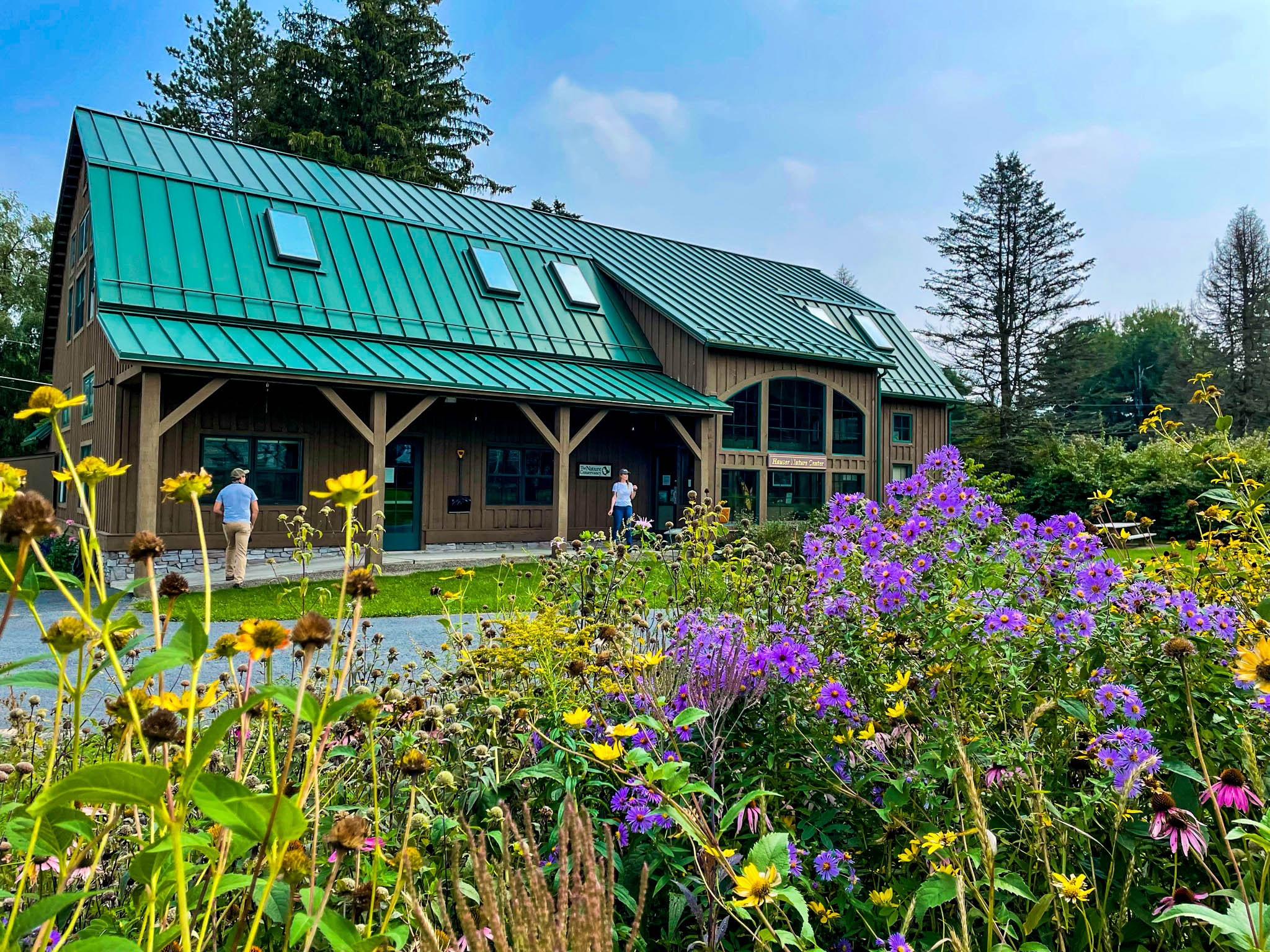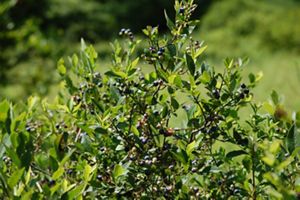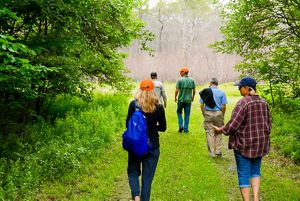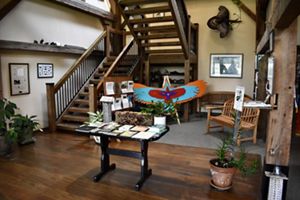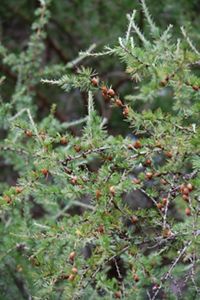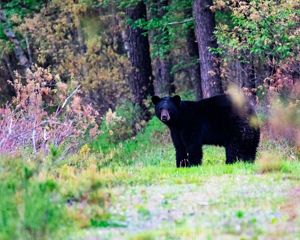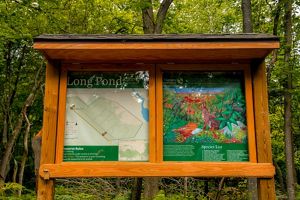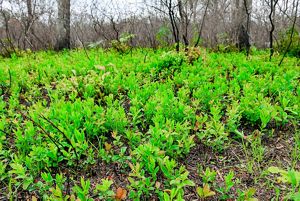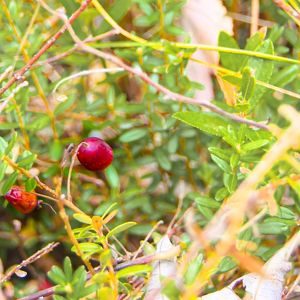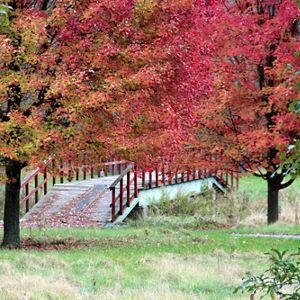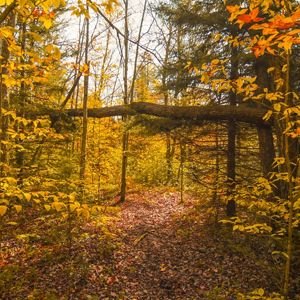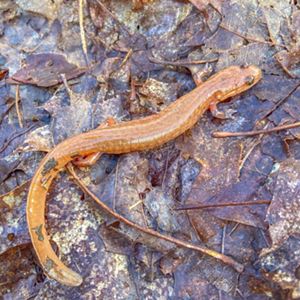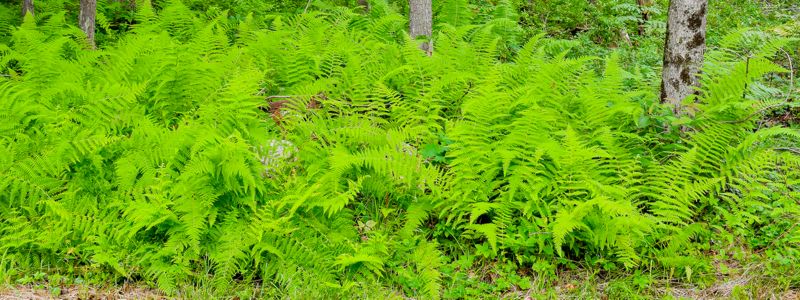Description
The Nature Conservancy’s Long Pond Preserve complex in western Monroe County, Pennsylvania, includes the Hauser Nature Center, Cathy's Trail and the nearby Long Pond Barrens. Situated along the southeastern edge of the Pocono plateau, the preserve contains a wide variety of wildlife habitats including bogs, swamps, barrens, oak forest, boreal forest and northern hardwood forest.
TNC and its partners have surveyed plant and animal communities on the preserve using spatial and demographic data, a crucial step for effective long-term management. Working with the Pennsylvania Game Commission, TNC has also used prescribed fire to restore more than 2,000 acres in the barrens over the past decade.
The Long Pond Preserve is open to the public 365 days a year from sunrise to sunset.

